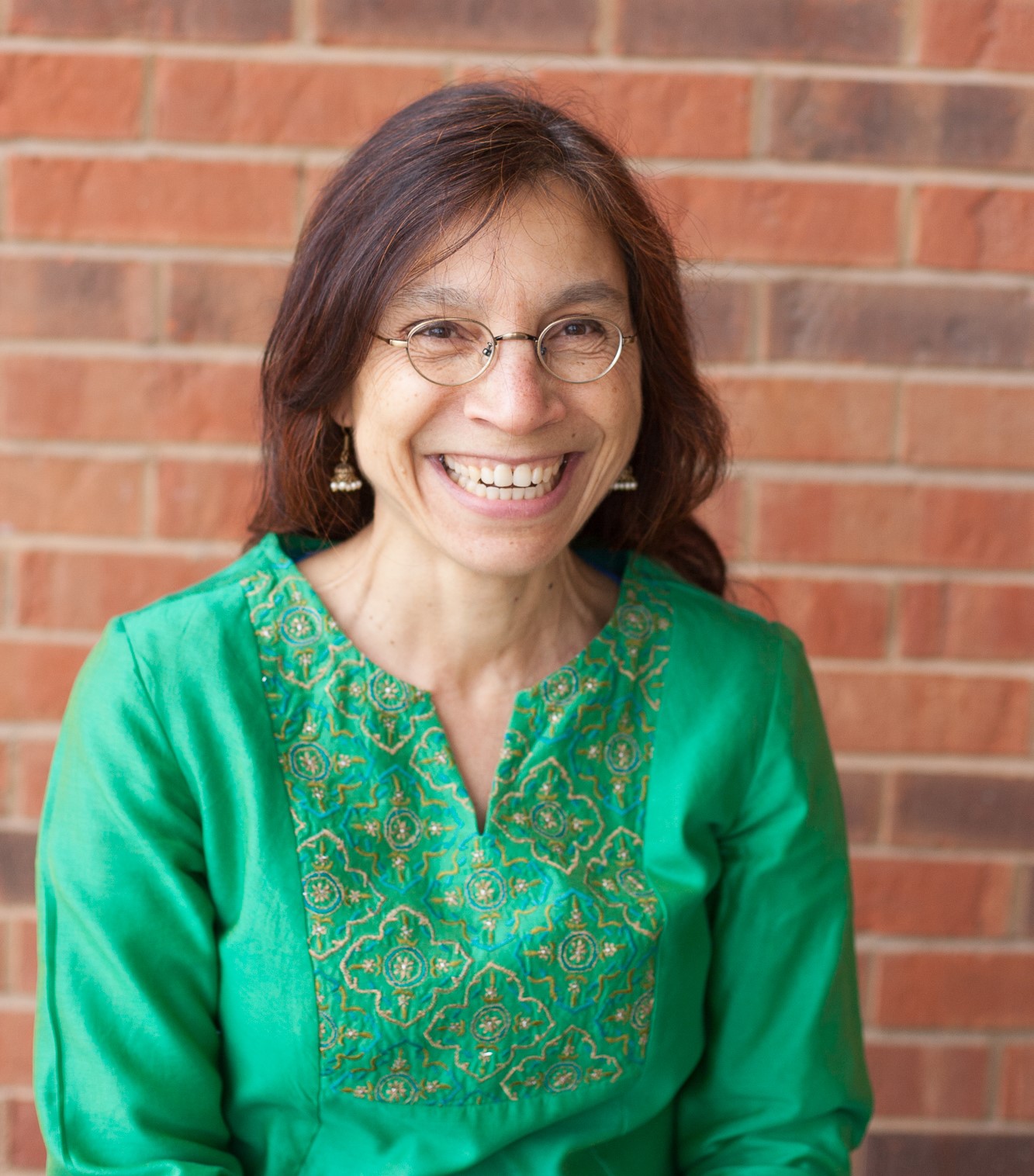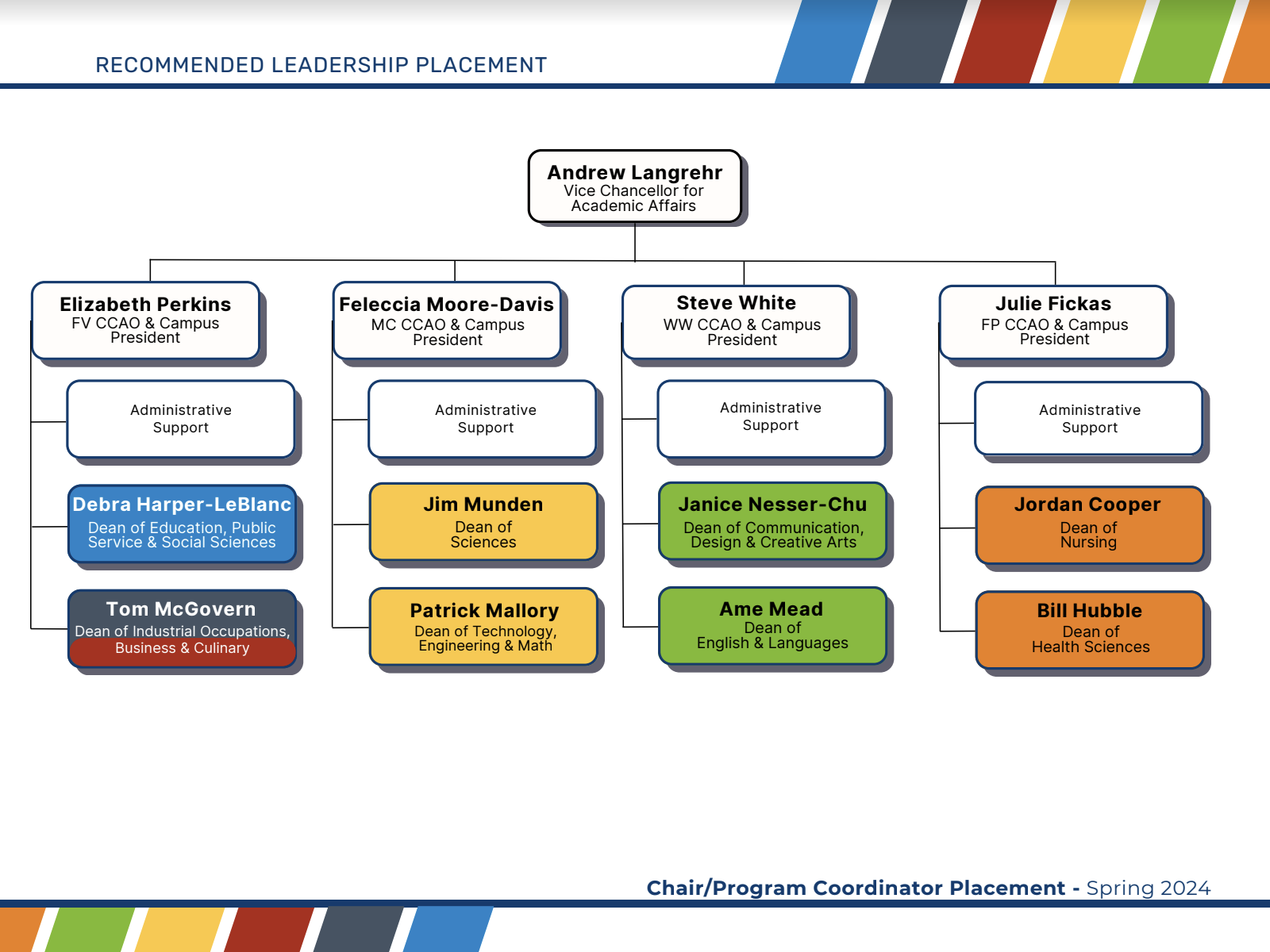“Doing our best with this for as long as we have to.”
BY: BARAK ADLER
News Editor

COVID-19 has changed college life, especially for students who continue attending in-person classes. Students of the STLCC Meramec concert choir, who previously had their class unrestricted by CDC guidelines, began facing unfamiliar public safety precautions, such as mandates that they wear masks at all times while on-campus, mandates that they sing no less than 10 feet apart, and mandates that they practice for no more than 30 minutes at a time.
These safety precautions posed technical challenges for the singers as well, said Dr. Gerald C. Myers, the Director of Choral Activities at STLCC Meramec. “It was challenging, especially the choir rehearsals early in the semester,” he said, adding “I’d say [for] the first few weeks, everyone was a little frustrated.”

For one, masks challenged singers’ diction, since it muffled their voices. However, to help remedy this issue, STLCC eventually purchased what are called singers’ masks, which according to Myers, “fit around the face and down the chin more than a typical mask” and “protrude away from the lips.”
Social distancing also prevented timid singers from building up their confidence as easily, said Myers. “Young singers are typically timid anyway. But when normally in a rehearsal I would discover a new singer timid, I would put strong singers around that person…and that would encourage that more timid singer to sing out….But I can’t do that when I have to keep singers 10 feet apart,” he said.
The time restraint, limiting rehearsals to 30 minutes at a time, also prevented the group from learning as many pieces as they normally would, he said. “We just had to accept in the beginning that we’re not going to learn 12 pieces for a concert, when we’re only rehearsing a half hour at a time, two days a week,” said Myers.
Yet, students have generally handled these changes well, he said. “Students have been very resilient,” and “they really adjusted well and overcame the challenges.” Myers, in fact, suggested that these mandates, like mask requirements, have somewhat helped his singers develop their technique.

“I have taught for many, many years…having singers imagine if they had something covering their mouth, and so instead of thinking about singing out through the mouth, you would imagine singing over this, into what we call the singers mask, the eyes and the nasal cavity…where you resonate sound. So I told the choir…let’s take advantage of this mask. Now, I want you to imagine singing over it…and I did find that they developed that resonance quicker this semester than ever before,” he said.
In spite of the positives, the experience has still been far from ideal, said Myers. “In conversations with other directors, I haven’t yet found anyone who has really adjusted or wanted to adjust to this. It’s just doing our best with this for as long as we have to.”











